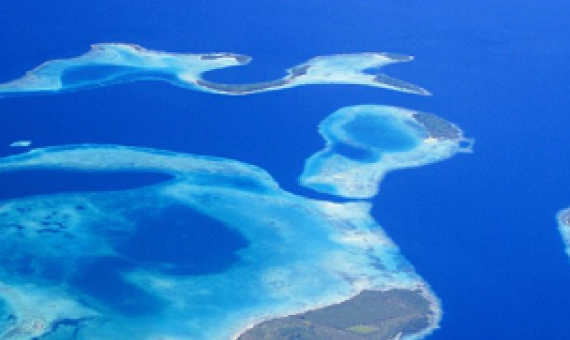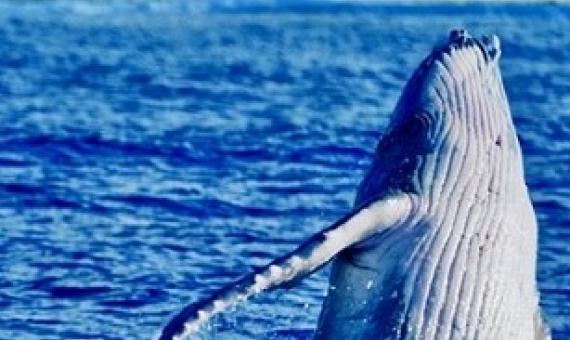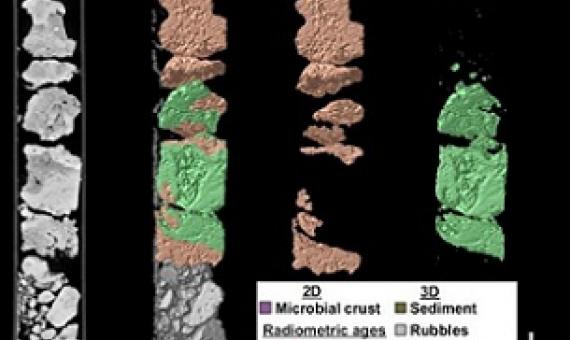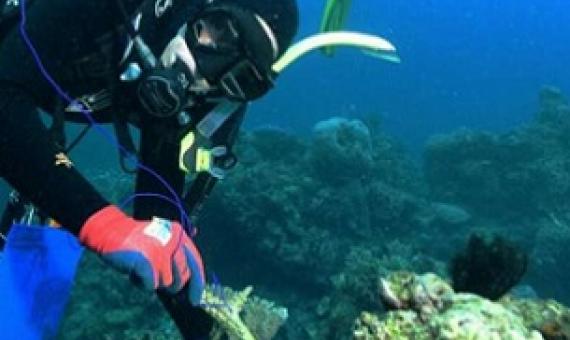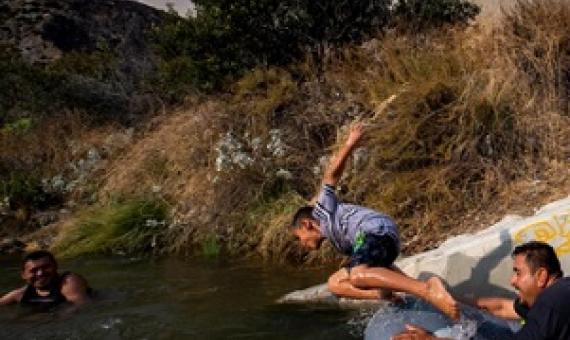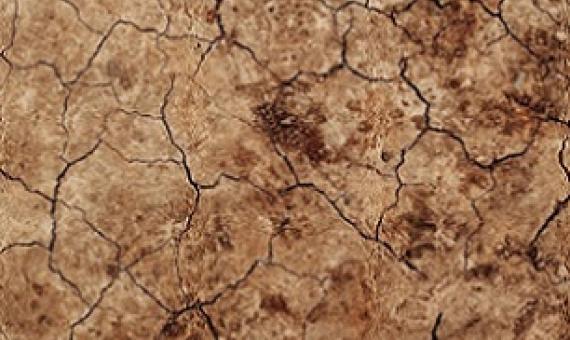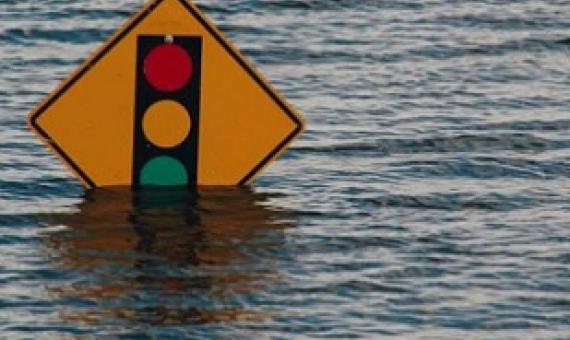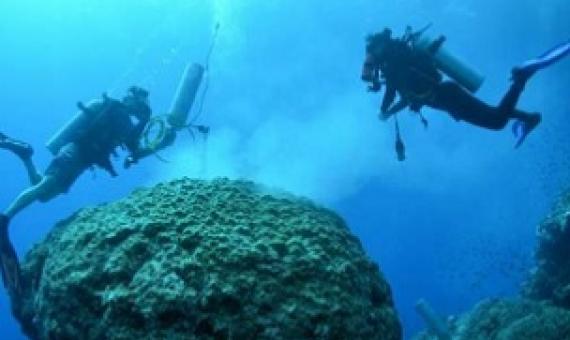Climate action and oceans realities for the Pacific have been the focus of a just-ended virtual tour of the region by the United Kingdom’s Minister for Pacific and the Environment, Lord Zak Goldsmith.
The effects of climate change may be a contributing factor in the delayed migration of humpback whales to Cook Islands waters, says a world-renowned whale researcher. Rarotonga-based whale researcher Nan Hauser says she’s observed 2020’s annual migration to be roughly six weeks late.
The scaffolds that help hold together the world's tropical reefs are at risk from acidification due to increased carbon dioxide in the world's oceans, according to geoscientists at the University of Sydney.
Charting a “Green Path” for Recovery from COVID‑19
Should the economic recovery from the 2019 novel coronavirus disease (COVID-19) be green? The current crisis is so severe that we should not take the answer for granted. It requires serious thought and we start by reviewing some arguments for and against a green approach. A crucial element is of course to see how different industries fare in the current crisis. Our empirical contribution is to examine daily stock returns for firms from the STOXX Europe 600 index.
Effective solutions to the climate challenge threatening the world's coral reefs require complex decisions about risk and uncertainty, timing, quality versus quantity as well as which species to support for the most robust and productive future, according to a science paper released today...The p
As a heat wave roasted the western United States this week, temperatures in California’s Death Valley soared to a blistering 130 degrees Fahrenheit, marking the hottest temperature measured anywhere on Earth since 1931 and the third hottest day ever recorded on our planet, period...Duri
Soil loss due to water runoff could increase greatly around the world over the next 50 years due to climate change and intensive land cultivation.
The United Nations Environment Programme (UNEP) and The Ocean Agency, in collaboration with creativity partner Adobe, today launched Ocean League, a new campaign that showcases the power of creativity in driving positive change for ocean protection and climate action. 
Climate change will profoundly affect how people move and where people live. Coastal communities, home to approximately 40% of the U.S. population, face the prospect of continuing sea level rise.
A new study shows nutrients can aggravate the already negative effects of climate change on corals to trigger mass coral bleaching. Coral reef environments are typically low in naturally occurring nutrients such as nitrogen and phosphorous compounds.

